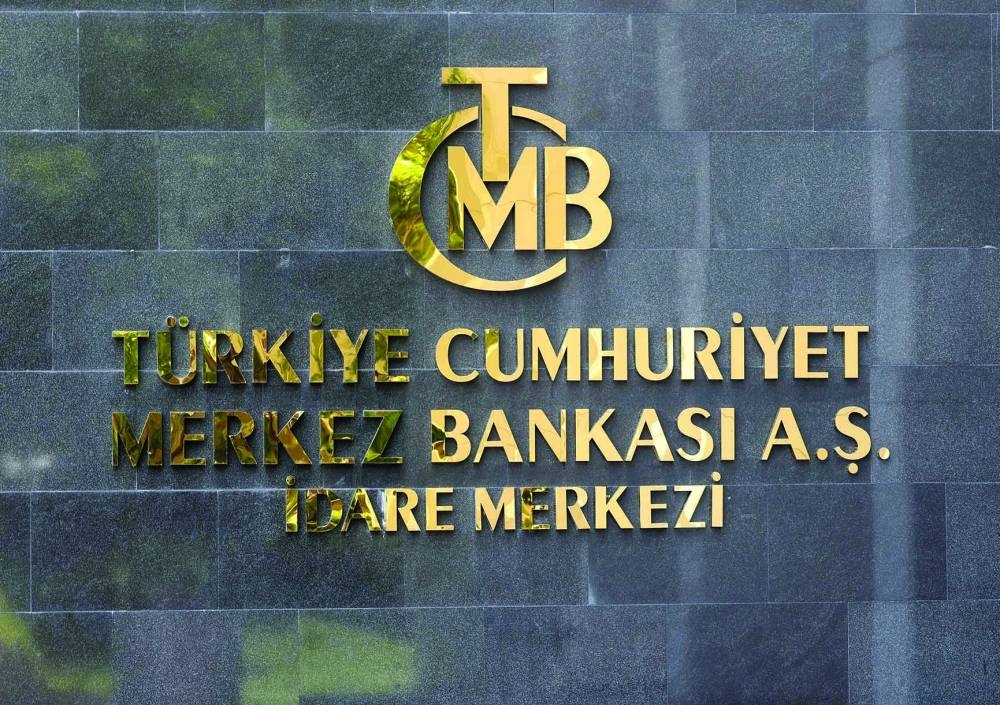Turkiye’s central bank kept its main interest rate steady at 50% on Thursday as expected, citing a big tightening in financial conditions since its last hike, and again pledged to tighten policy more if needed in its campaign to cool inflation.
Analysts said the central bank has likely ended its aggressive, nearly year-long tightening cycle.
Last month, it unexpectedly raised its one-week repo rate by 500 basis points, citing a deteriorating inflation outlook and pledging to keep a tight monetary stance.
The annual inflation rate climbed to 68.5% in March and is expected to rise for another few months before easing. The central bank has forecast it will dip to 36% by year-end, a bit lower than market expectations.
“The monetary policy decisions in March have led to a significant tightening in financial conditions,” the bank’s policy committee said.
“Considering the lagged effects of the monetary tightening, the Committee decided to keep the policy rate unchanged, but reiterated that it remains highly attentive to inflation risks.”
It also reiterated it would tighten again if a “significant and persistent” deterioration in inflation is foreseen, and would maintain a tight stance until a “significant and sustained” drop in underlying trend inflation is seen.
The lira was unchanged at 32.5170 against the dollar after the announcement.
Rate hikes are “on hold once again, with no changes to the rate likely until the fourth quarter 2024”, Andrew Birch, economics associate director at S&P Global Market Intelligence, said in a note.
Reuters polling shows the bank was expected to hold rates this week and to leave it at 50% until the fourth quarter when cuts are to begin. Only two of 14 respondents expected a hike.
The years-long cost-of-living crisis for Turks is expected to begin easing in the second half of the year due to the monetary tightening cycle, which began in June last year with a U-turn toward a more orthodox economic programme.
Rates have risen from 8.5% in the cycle, which reversed the previous policy of low rates and credit-fuelled growth that sparked a series of currency crashes and sent inflation soaring in recent years.
The central bank had held rates steady in February.

Turkiye’s central bank kept its main interest rate steady at 50% on Thursday as expected, citing a big tightening in financial conditions since its last hike, and again pledged to tighten policy more if needed in its campaign to cool inflation
